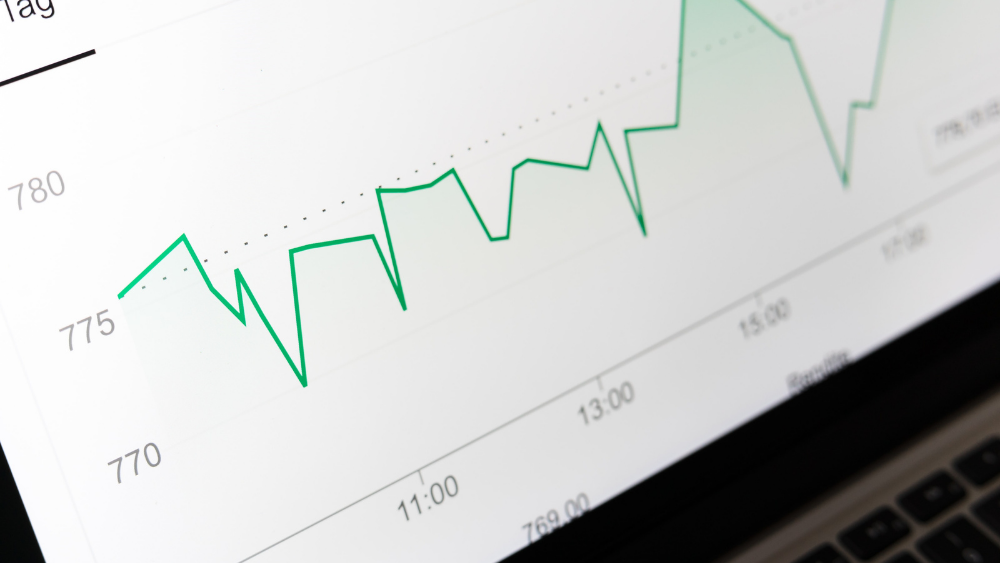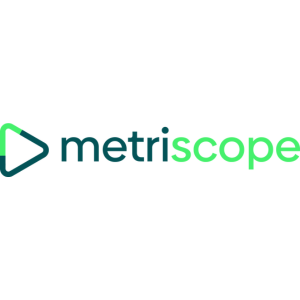Insights
INSIGHTS
All Topics
How charities can use data analytics
Find out about data analytics and how charities can use data for their operations
Data analysis is the process of transforming data into knowledge, sifting through information to uncover meaning that can help make informed, strategic decisions.
While data and analytics can seem intimidating or technical to a lot of charity organisations, they’ve revolutionised how charities plan, assess their impact, and improve their outcomes.
Most charities carry out basic data analysis on some level, but with the right approach they can turn this information into wisdom and ultimately into action.
In this article, we explain what charities can achieve with data and analytics.
The benefits of data and analytics for charities
Most charities have access to data on their service users, supporters, and the areas in which they work. Many are harnessing this valuable resource in numerous ways to progress in the work they do.
Here are just a few of the reasons:
Efficiency
A clearer view of their service users and activities helps charities save time and resources on programmes and initiatives that aren’t working and understand why they aren’t working, which allows them to direct energy towards the service areas that are more likely to be effective.
Budgeting
Data and analytics can help charities understand where to allocate budgets and make better predictions with their financial forecasting.
Fundraising
Data and analytics can help charities better target their communications outreach and understand the platforms and audience segments they should focus on to increase donations. Data about impact can also be a powerful way for charities to tell their story and gain more support.
Accountability
A great data strategy helps charities be able to report accurately and in detail to stakeholders, and prove the effectiveness and impact of their work to gain more budget and support. Transparency is also a key factor in trust and bolstering a charity’s reputation.
Long-term strategy
A clear view on data can help them more confidently plan everything from staffing and asset management to their marketing, messaging, and meeting the needs of their service users.
Innovation
Data and analytics can give charities a wider perspective on everything their organisations does and the community they serve, uncovering hidden relationships and correlations that can take them in new or unexpected directions.
Read on for more examples from real life charities that have used data and analytics to drive change for their organisations and beneficiaries.
Types of data analysis
The four types of data analysis are:
Descriptive analysis: the ‘what’
The simplest and most common type of data analysis asks ‘what happened’ by summarising past data, usually in the form of dashboards. For example:
- Who is using a service
- What people think of a charity on social media through sentiment analysis
- How many donors are interacting with a certain webpage
Diagnostic analysis: the ‘why’
The next step is to dive deeper and find out why, and what factors have led to the outcomes you’ve seen. For example:
- Asking what factors (age, gender, employment status, etc) lead people to become frequent users of a charity’s service
- Finding out which communication activities (timing, formats, audience segments, etc) got the most donations
- Investigating the cause of people dropping off a donation page without taking action
Predictive analysis: the ‘what will happen next’
This next type of analysis seeks to find out what the likely future outcomes are, based on statistical analysis of past trends and patterns. This is where the technology required grows in complexity. For example:
- Anticipating which users of a charity’s service users are likely to use another of its services, so there can be targeted intervention
- Estimating when peaks and troughs in donation activity may occur and so when to maximise opportunities to ask
- Predicting who will want to attend an event, so as not to waste resources emailing or mailing hundreds of people
Prescriptive analysis: the ‘how we should take action’
Prescriptive data analysis takes insight from previous analysis and tries to determine the best course of action. This is the final stage in sophistication and requires much more complex algorithms. But charities without huge resources can undertake a basic form of this analysis manually through assessing the logical next steps.
How charities are using data and analytics
There are many, many examples of charities successfully harnessing data and analytics in different ways – here are just a few:
Macmillan: large charity
National cancer support charity Macmillan used data analysis about past donors and the amounts they gave to project their income over a long period.
They sought to increase return on investment with their World’s Biggest Coffee Morning campaign by uncovering their motivations for taking part in the event, with the help of surveys and questionnaires.
From this data and analytics, they reworked their messaging to appeal to their key demographic, ultimately overshooting their fundraising target by millions.
Read the full story on The Guardian.
Prior’s Court: medium-sized charity
Berkshire charity Prior’s Court runs a school, supported living centre, and training and development centre for young people with autism, learning difficulties, and complex needs.
The charity collected over 10,000 ‘diary’ entries a week about activities young people were taking part in, such as watching TV, playing a game, going for a walk, or eating and drinking, and analysed them on a bespoke digital platform. Data analytics allowed them to understand what activities were seeing the most benefits, as well as to predict when seizures might happen based on certain triggers.
Read the full story on Charity Digital.
The Cart Shed: small charity
Outdoor activity and nature charity The Cart Shed in Herefordshire wanted to more clearly demonstrate their impact. Thanks to a wholesale revaluation of their data strategy over a year, they were able to more effectively tell their story, and measure their activities against much clearer performance metrics.
They were able to set out a three-to-five-year plan for improvement, including bringing on a new CRM system and planning a roadmap around collecting, managing, and using data for meaningful outcomes.
Read the full story on Data Orchard.
How charities can get started with data and analytics
Getting started with data and analytics can seem overwhelming at first. But even smaller charities often have access to untapped sources of data, which, with the right systems and capabilities, can help them grow and meet their unique challenges.
It’s often a case of going back to basics and knowing what questions to ask. Charities can start carrying out descriptive analysis about who is using their services, engaging with their communications, and donating straight away.
Survey tools like SurveyMonkey, website data from Google Analytics, or even a simple spreadsheet of donor data are free places to start collecting and playing around with data.
You may want to then take first steps towards defining a strategy for data and analytics:
- Work out what you need to know, and spend some time figuring out the specifics of how to frame those questions
- Understand what types of data you already have access to, and where it sits
- Assess the accuracy and quality of your data and whether you need to prepare it, combine it, or change it to a different format for it to be useful
- Understand what data you need to fill in the gaps, and tools and methods for collecting it. Work out whether there’s existing data you might find useful (such as an open data set)
- Figure out the best way to store and manage data, and whether you need to invest in specialist data and analytics software such as a CRM system
- Reach out to experts who can help you conduct the data analysis, whether it’s hiring for the right skills, taking part in a training programme, or bringing on board a skilled volunteer
- Encourage a culture around data sharing and questioning so that staff continue to make decisions based on evidence
Where charities can get help with their data
Charities can reach out to the following organisations for specialist help:
DataKind UK
DataKind UK is a community of data science volunteers dedicated to helping charities get on board with the data revolution.
DataKind UK’s community events let charities network with experts and ask quick questions, whereas its DataDive and DataCorps programmes allow charities to work out their strategy over a weekend or get longer-term support on a specific challenge.
Data Orchard
Social enterprise Data Orchard’s team carry out research and data evaluation services and provide bespoke training for charities to improve their skills.
They also have a free tool which helps charities assess their ‘data maturity’ and understand where they are on their data and analytics journey, and what they may need to do next.
NPC
Charity think tank and consultancy NPC helps organisations to collect, analyse, and report on data about their impact, along with its Data Labs project which aims to unlock government data for use by charities.
Their website also contains many practical guides and resources, such as its Data with Destiny report on turning charity data into meaningful action.
Chloe Green
More on this topic
Recommended Products
29 Dec 2024by Ioan Marc Jones
An A-Z glossary of climate change terms and definitions
28 Dec 2024by Elaine Taylor
What's the difference between charity and philanthropy?
28 Dec 2024by Ioan Marc Jones
The ultimate guide to artificial intelligence
27 Dec 2024by Ioan Marc Jones
The best online event platforms for charities
Our Events
Charity Digital Academy
Our courses aim, in just three hours, to enhance soft skills and hard skills, boost your knowledge of finance and artificial intelligence, and supercharge your digital capabilities. Check out some of the incredible options by clicking here.















